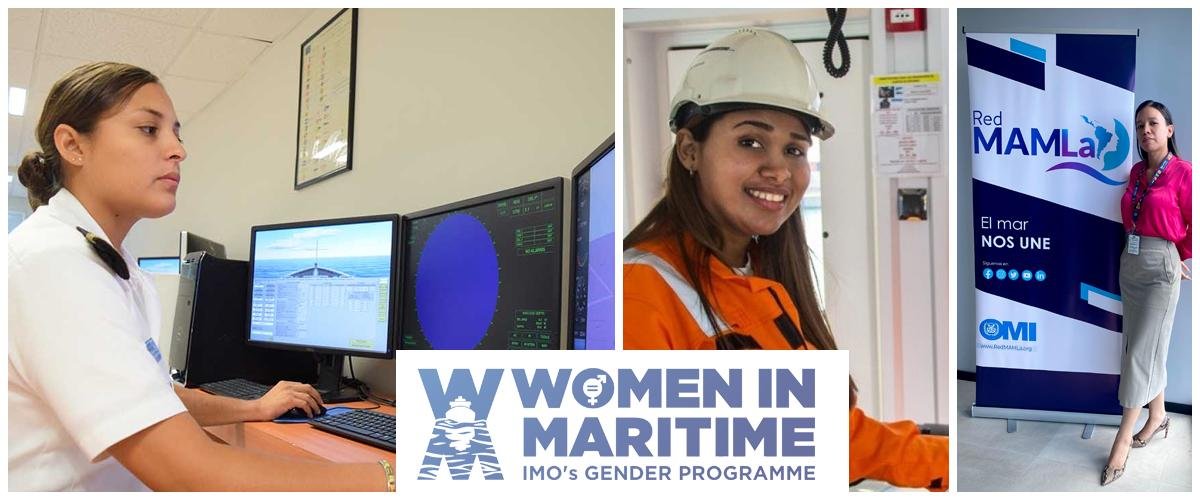NEW STRATEGY FOR WIMAS: A TRANSFORMATIVE APPROACH TO MARITIME INCLUSION
The maritime sector has undergone a progressive and very significant transformation in recent years through various initiatives, including the adoption of the new Global Strategy for Women's Maritime Associations (WIMA's), promoted by the International Maritime Organization (IMO), whose aim is to fully involve women at all levels and in all areas of the sector, promoting diversity, free from harassment and discrimination, creating an enabling environment for the emergence of more women leaders and with equal access to opportunities both on board and ashore.
The strategy is based on key pillars that seek to redefine the participation of women in the maritime sector, one of the most relevant aspects is the strengthening of the regulatory aspect, which implies the active participation of Member States in the creation of laws, rules or regulations that promote and strengthen the inclusion of women. As well as the implementation of public policies that respond to the needs and specificities of women working in this important sector of the world economy.
Priority objectives include the visibility and leadership of women, as women have historically been underrepresented not only in leadership and decision-making positions, but also in roles on board ships. This is not only a constraint for women, but also an untapped potential for the maritime sector.
Gender mainstreaming and gender perspective in WIMA's strategy is not limited to covering a quota or figures for the inclusion of women, but represents an opportunity for structural change. The vision is to change the narrative by introducing practices and approaches that recognize and celebrate equality; including more women in leadership roles, laying the foundation for a fairer, more efficient sector, adapted to global challenges such as climate change and sustainability needs.

Another key component of the strategy is the collection of gender-disaggregated data to measure progress in the integration of women. This is done in cooperation with other organizations, such as the Women in Shipping and Trade International Association (WISTA), which, together with the IMO, conducts triennial surveys on the employment of women in various maritime administrations, companies in the sector, non-governmental organizations, institutions and private maritime training academies. These data not only help to monitor the effectiveness of the policies being implemented, but also allow strategies to be fine-tuned and adapted to the real needs of women workers in the sector.
The IMO Strategy for WIMAs is a crucial step towards a more inclusive, diverse, equitable and sustainable maritime sector. Through the integration of a gender perspective into public policies, the promotion of women's visibility and the creation of working environments free from violence and discrimination, it aims to transform the maritime sector into a space where women can develop their potential and make a significant contribution to the advancement of the industry.
In its commitment to these objectives, Red MAMLa has updated its strategy based on these key pillars for the effective implementation of inclusive practices adapted to the major global challenges, thus contributing to the materialization of a sector that can benefit from the potential of all its members, regardless of their gender.